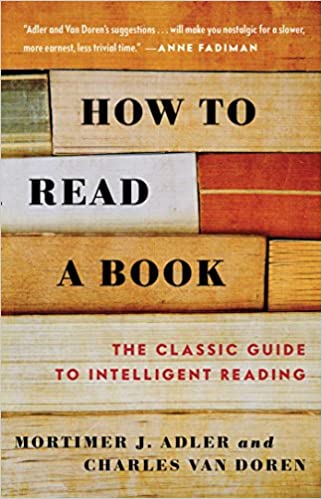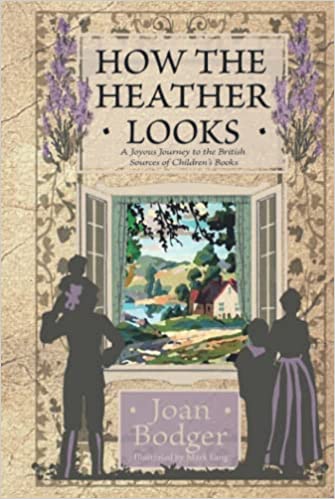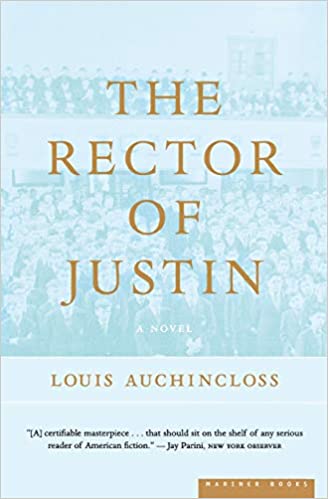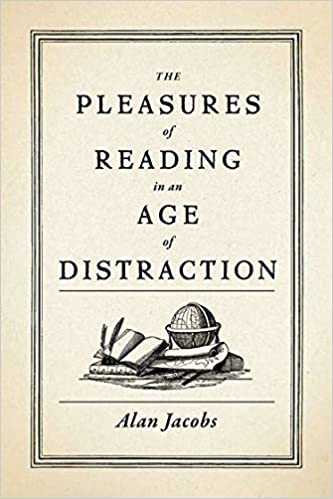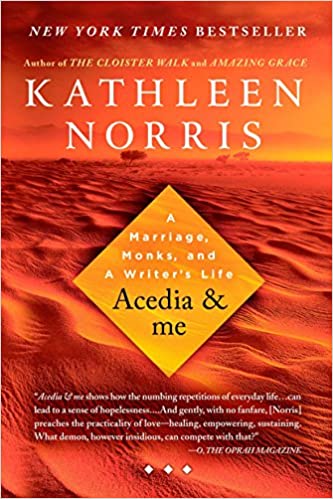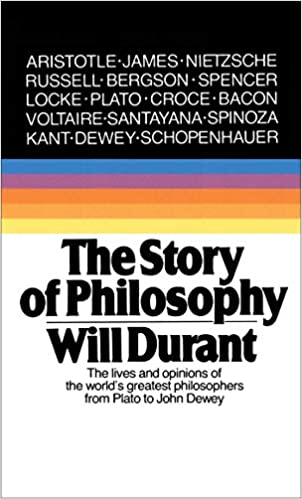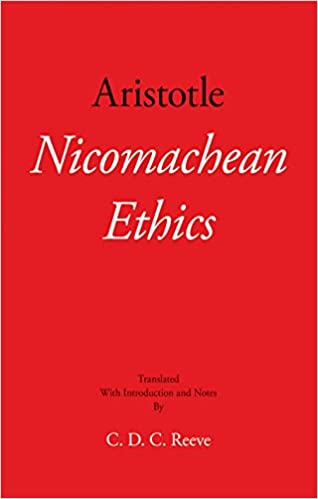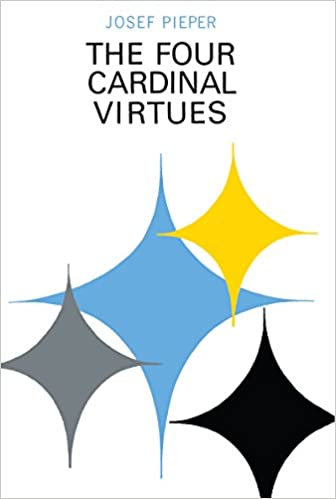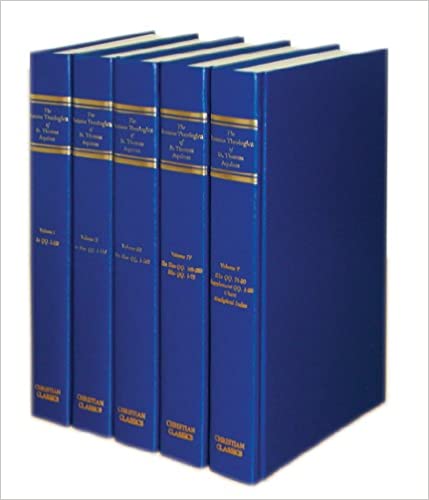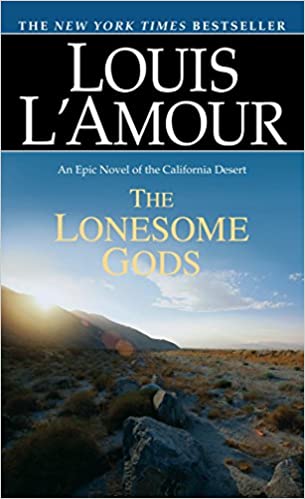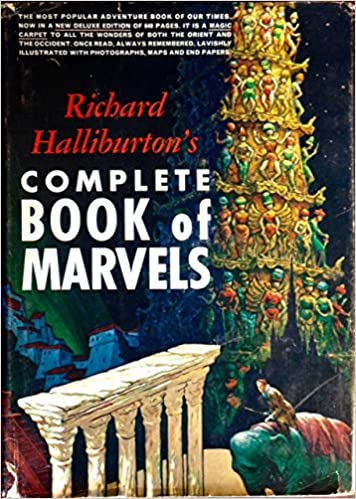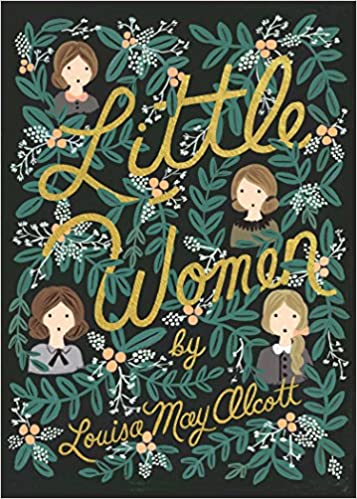How to Read a Book: The Classic Guide to Intelligent Reading
Originally published in 1940, this book is a rare phenomenon, a living classic that introduces and elucidates the various levels of reading and how to achieve them—from elementary reading, through systematic skimming and inspectional reading, to speed reading. Readers will learn when and how to “judge a book by its cover,” and also how to X-ray it, read critically, and extract the author’s message from the text.
Also included is instruction in the different techniques that work best for reading particular genres, such as practical books, imaginative literature, plays, poetry, history, science and mathematics, philosophy and social science works.
Finally, the authors offer a recommended reading list and supply reading tests you can use measure your own progress in reading skills, comprehension, and speed.
More info →How the Heather Looks
Over sixty years ago, Joan Bodger, her husband, and their two children traveled to the UK for the adventure of a lifetime. There, they sought to discover the lands they knew from their beloved children's books. Come along and see for yourself the people and places behind the stories we love.
In Edinburgh, they stand outside the childhood home of Robert Louis Stevenson. They discover the countryside that inspired Caldecott's illustrations in Whitworth. In the Lake District, the farm where Jemima Puddle-duck laid her eggs. And in Winnie the Pooh Country Mrs. Milne herself shows the way to "that enchanted place on the top of the Forest [where] a little boy and his Bear will always be playing." Join their adventures, from sleeping in a wagon to "messing about" in boats on the Thames. While not all their quests end in victory, like any marvelous story, how they get there is what matters.
While we can't all make the journey ourselves, we can let Joan Bodger take us along. As Emily Dickinson says, "even if we "have never seen a moor," we can still imagine "how the heather looks.""
How the Heather Looks has been called 'the book most often stolen by retiring children's librarians." This new edition features the stunning art by Mark Lang, and the authors' afterword, written thirty years after the book was first released.
More info →The Rector of Justin
Regarded as one of Louis Auchincloss's most accomplished novels, THE RECTOR OF JUSTIN centers on Frank Prescott, the founder of an exclusive school for boys. Eighty years of his life unfold through the observations of six narrators, each with a unique perspective on the man, his motivations, and the roots of his triumphs and failings.
More info →The Pleasures of Reading in an Age of Distraction
In recent years, cultural commentators have sounded the alarm about the dire state of reading in America. Americans are not reading enough, they say, or reading the right books, in the right way.
In this book, Alan Jacobs argues that, contrary to the doomsayers, reading is alive and well in America. There are millions of devoted readers supporting hundreds of enormous bookstores and online booksellers. Oprah's Book Club is hugely influential, and a recent NEA survey reveals an actual uptick
in the reading of literary fiction. Jacobs's interactions with his students and the readers of his own books, however, suggest that many readers lack confidence; they wonder whether they are reading well, with proper focus and attentiveness, with due discretion and discernment. Many have absorbed
the puritanical message that reading is, first and foremost, good for you--the intellectual equivalent of eating your Brussels sprouts. For such people, indeed for all readers, Jacobs offers some simple, powerful, and much needed advice: read at whim, read what gives you delight, and do so without
shame, whether it be Stephen King or the King James Version of the Bible. In contrast to the more methodical approach of Mortimer Adler's classic How to Read a Book (1940), Jacobs offers an insightful, accessible, and playfully irreverent guide for aspiring readers. Each chapter focuses on one
aspect of approaching literary fiction, poetry, or nonfiction, and the book explores everything from the invention of silent reading, reading responsively, rereading, and reading on electronic devices.
Invitingly written, with equal measures of wit and erudition, The Pleasures of Reading in an Age of Distraction will appeal to all readers, whether they be novices looking for direction or old hands seeking to recapture the pleasures of reading they first experienced as children.
Acedia & me
Kathleen Norris had written several much loved books, yet she couldn't drag herself out of bed in the morning, couldn't summon the energy for her daily tasks. Even as she struggled, Norris recognized her familiar battle with acedia, a word she had discovered in early Church text years earlier. Fascinated by this "noonday demon", so familiar to those in the early and medieval Church, Norris knew she must restore this forgotten but important concept to the modern world's vernacular. An examination of acedia in the light of psychology, spirituality, the healing powers of religious practice, and Norris's own experience, Acedia & Me is both intimate and historically sweeping, brimming with exasperation and reverence, sometimes funny, often provocative, and always insightful.
More info →The Story of Philosophy
A brilliant and concise account of the lives and ideas of the great philosophers, from Plato to Dewey.
Few write for the non-specialist as well as Will Durant, and this book is a splendid example of his eminently readable scholarship. Durant’s insight and wit never cease to dazzle; The Story of Philosophy is a key book for anyone who wishes to survey the history and development of philosophical ideas in the Western world.
More info →Nicomachean Ethics
An excellent new translation and commentary. It will serve newcomers as an informative, accessible introduction to the Nicomachean Ethics and to many issues in Aristotle’s philosophy, but also has much to offer advanced scholars. The commentary is noteworthy for its frequent citations of relevant passages from other works in Aristotle’s corpus, which often shed new light on the texts. Reeve’s translation is meticulous: it hits the virtuous mean--accurate and technical, yet readable--between translation’s vicious extremes of faithlessness and indigestibility.--Jessica Moss, New York University
More info →The Summa Theologica of St. Thomas Aquinas
The Summa Theologica, St. Thomas Aquinas' brilliant synthesis of Christian thought, has had a decisive and permanent impact on philosophy and religion since the thirteenth century. As the title indicates, is a summing up of all that can be known about God and humanity's relations with God. Divided into three parts, the work consists of 38 tracts, 631 questions, about 3000 articles, 10,000 objections and their answers. This complete edition of the work, published in five volumes, was translated into English by the Fathers of the Dominican Province and first appeared in 1911. A revised edition was published in London in 1920, and in America in 1947. The Christian Classics edition is a reproduction of the 1947 Benziger Brothers edition.
More info →The Lonesome Gods: An Epic Novel of the California Desert
“I am Johannes Verne, and I am not afraid.”
This was the boy’s mantra as he plodded through the desert alone, left to die by his vengeful grandfather. Johannes Verne was soon to be rescued by outlaws, but no one could save him from the lasting memory of his grandfather’s eyes, full of impenetrable hatred. Raised in part by Indians, then befriended by a mysterious woman, Johannes grew up to become a rugged adventurer and an educated man. But even now, strengthened by the love of a golden-haired girl and well on his way to making a fortune in bustling early-day Los Angeles, the past may rise up to threaten his future once more. And this time only the ancient gods of the desert can save him.
Richard Halliburton’s Complete Book of Marvels
Have you ever wanted to visit the ancient cities of the Aztecs and the Incas? Or see the harbor of Rio de Janeiro? How about treasure hunting -- would you like to search for King Solomon's legendary treasure? You would? Well, then! Come along with Richard Halliburton's party, and you will see and touch the marvels of the world! You'll climb Half Dome Mountain in Yosemite National Park, U.S.A., and Popocatepetl in Mexico and Fujiyama in Japan. You'll swim in the Dead Sea and in the fire-filled waters of the Blue Grotto. You'll visit New York City and the tombs of the Pharaohs, Moscow and ancient Pompeii, the Rock of Gibraltar and Timbuctoo (yes, this is too a real city named Timbuctoo!). The Complete Book of Marvels will take you to all these places and many more.
More info →Little Women
Grown-up Meg, tomboyish Jo, timid Beth, and precocious Amy. The four March sisters couldn't be more different. But with their father away at war, and their mother working to support the family, they have to rely on one another. Whether they're putting on a play, forming a secret society, or celebrating Christmas, there's one thing they can't help wondering: Will Father return home safely?
More info →
